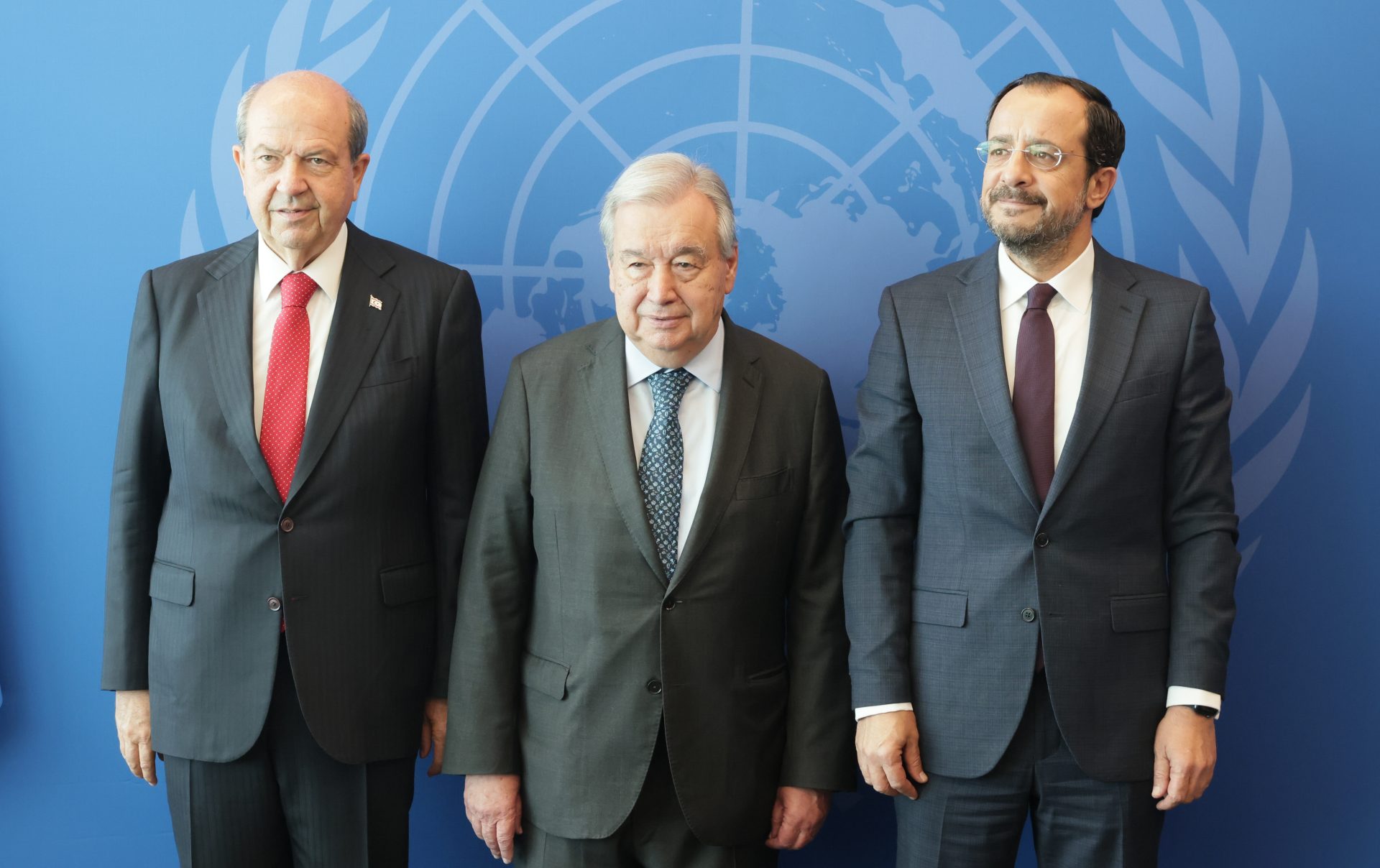By Flora Alexandrou
The term “bizonal, bicommunal federation” (BBF) has been repeated ad nauseam by politicians for decades. More recently, the Greek Cypriot leadership has replaced it with the more abstract phrase “framework set out by the relevant UN Security Council Resolutions”. As if one more layer of ambiguity might succeed where clarity failed.
And yet, despite all the repetition, most Cypriots still don’t know what a BBF actually means. This isn’t a minor oversight; it’s a fundamental obstacle. How can a society decide on its future when it doesn’t even understand the framework being proposed to shape it?
This lack of understanding is particularly striking given that the BBF is the model officially endorsed by the United Nations and, at least on paper, accepted by both sides for decades. Still, public knowledge remains shallow. Polls measure support or opposition, but rarely ask whether people actually understand what they’re supporting or opposing.
The World Bank’s Pulse of Reunification (2018) survey made it painfully clear: both Greek and Turkish Cypriots were generally unable to explain the model beyond recognising the label. Three years later, a 2021 poll reinforced this finding: over half of Greek Cypriot respondents openly admitted they didn’t know what a BBF was.
Many confuse it with partition, assume it implies ethnic separation, or believe it contradicts EU principles. Others simply recognise the term but are unable to define it. No surprise we’re confused. Decades of mistrust, spin and low civic education, if not deliberate omission, have left most citizens in the dark. Perhaps the political class assumes we’ll just Google it ourselves… or that a little mystery keeps the peace process more entertaining!
Since 2004 – and more recently, of course – there has been no serious effort by those negotiating our lives and future to explain anything meaningful to the public. Not a single leader who claims to support the BBF has ever bothered to explain it.
Well, President Nikos Christodoulides – a big fan and defender of the “framework set out by the relevant UN Security Council Resolutions” – now has the opportunity to do it: explain to the public what this all actually means. The ones supposedly at the heart of the process.
Because, let’s be clear: the BBF isn’t just the only viable model for a solution; it’s also the only one that has been negotiated in detail over decades. And yet, it continues to be treated more like a slogan than a serious framework.
Worse still, most citizens don’t fully understand the alternatives either. What would partition actually entail? What would a confederation look like in practice? And as for a unitary state – still supported by some Greek Cypriots – how would that even function in a post-1974, post-EU reality?
Of course, again, the responsibility doesn’t lie solely with political leaders, who for decades have maintained near-‘monarchical’ control over the peace process. It also rests with the institutions that shape public awareness. Our education system fails to promote civic literacy. Our media, often beholden to political agendas, rarely invest in informing the public. And public information campaigns? Practically non-existent.
The result? We’re still debating the island’s future in the dark.
No one expects every citizen to become a constitutional expert. But we do need a basic understanding, a shared baseline of knowledge. Because without knowledge, there is no real choice. And without choice, there can be no solution.
After decades of negotiations, the Cyprus problem is – on paper – almost solved. What’s missing? Just two things: leaders with the vision and courage to turn all those decades of talks into reality and citizens who actually understand what’s at stake.
Flora Alexandrou works for the Spanish news agency EFE in Nicosia






Click here to change your cookie preferences